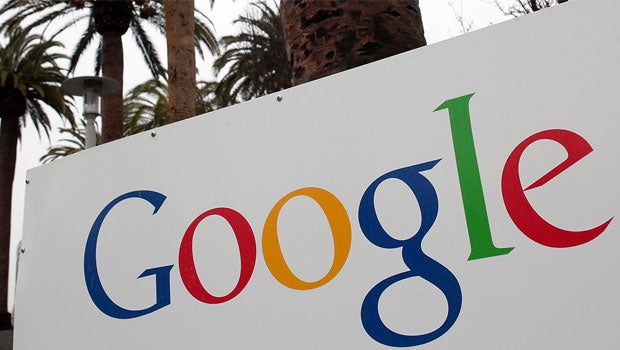Google’s quantum computer is 100m times faster than your CPU

Google has announced progress in its research into quantum computing, with certain problems solved vastly faster than with traditional computer chip technology.
It’s early days yet, but quantum computing could well mark a quantum leap (see what we did there?) in processing speeds at some point in the future.
Regular old computer processors handle data in binary form, or ones and zeroes. Quantum computing utilises tiny particles called quantum bits (qubits for short) that can represent both at the same time.
If your head is spinning as much as ours at such a thought, then just know that this would make for a computer that could handle far more simultaneous calculations than traditional CPU technology. This would be particularly useful for highly complex processing problems.
Google appears to have proved that recently, albeit in a limited fashion. It recently revealed some of the results it had obtained from its experimental D-Wave 2X quantum super computer, which it bought some two years ago.
While many have argued that the D-Wave 2X isn’t a true quantum computer going by established definitions, Google has obtained some promising results from two specific tests.
“We found that for problem instances involving nearly 1,000 binary variables, quantum annealing significantly outperforms its classical counterpart, simulated annealing,” it writes on its research blog.
Apparently, it proved to be more than 100 million times faster than “simulated annealing running on a single core.”
Related: What is Google X?
We’re still some way off from a practical, everyday application of this technology. Building a quantum computer remains an incredibly tricky, impractical process. Some have said that it’s roughly equivalent to the state of affairs computer technology was in back in the ’30s and ’40s.
But the benefits for large-scale computing tasks like air traffic management are clear enough that every computer company worth its salt is investing in it. Expect to hear much more on quantum computing over the coming years and decades.


